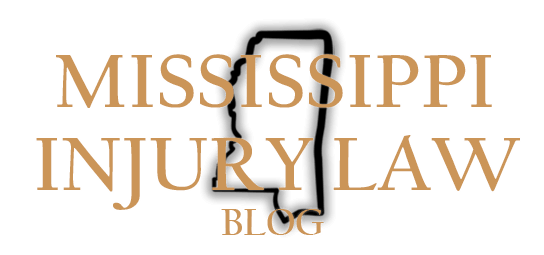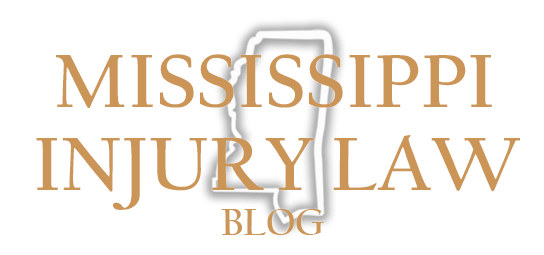Some types of calls are legal. In order for robo-calls to be permissible under the law, they must meet several requirements. Generally, in order for a call to be legal, you must have given the company your prior consent to be contacted via these calls. Legal robo-calls may include political calls regarding candidates running for office, calls made from charities asking for donations, or calls from emergency service providers. Calls that do not contain any advertising or marketing information and are simply informational are also generally legal.
Today, however, many calls and texts are illegal. If you have received advertising or soliciting robo-calls that were made by a company that does not have your express consent to contact you, the calls may be illegal. Additionally, more and more scam robo-calls occur looking for information to take advantage of unwitting consumers and the elderly.
Under the Telephone Consumer Protection Act (TCPA), companies are prohibited from making calls to people who have never had a business relationship with the company. Other TCPA violations include not providing consumers with an option to opt-out of receiving calls, calling numbers on the national Do-Not-Call registry, calling residences before 8 a.m. or after 9 p.m., and failing to identify themselves when making calls.
Consumers who have received illegal robo-calls may be able to recover damages of between $500 and $1,500 for each violation of the TCPA.
If you were contacted on your cell phone by a company via an unsolicited text message (text spam) or prerecorded voice message (robo-call), you may be eligible for compensation under the Telephone Consumer Protection Act. Contact Chhabra Gibbs & Herrington PLLC today so we can take action.

